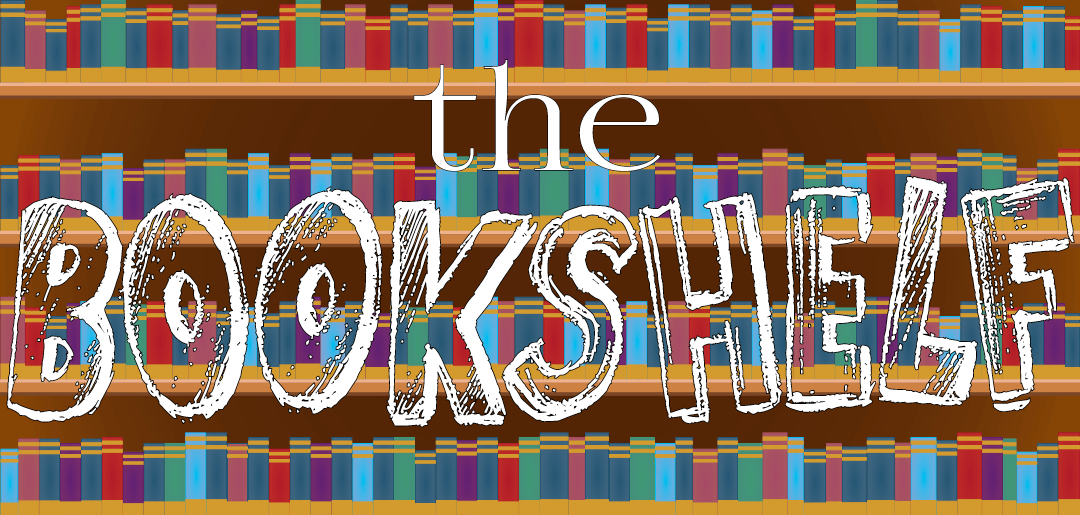Eva Pace, Arts Editor
@espcourant
A book with a title as complex as this can without a doubt be off putting. But never fear! The Yoga of Max’s Discontent by Karan Bajaj is a novel that amazingly conveys a man’s journey to finding his inner yogi after spending all his life in the hustle and bustle of New York City.

“So if there is birth, age, suffering, sorrow and death, then there must be something that is unborn, un-aging, un-ailing, sorrow-less and deathless, immortal as it were,” (Bajaj 250). This concept is the driving spiritual agency that is portrayed throughout the novel. The protagonist, Max, grew up in a difficult area of the City where he was forced to grow up surrounded by strife. But he worked hard, eventually making it to Harvard and earning a high-paying business job. However, still within him there seems to be a growing emptiness that makes him want to get up and go, something calling him to the Himalayas where he plans to find a renowned guru.
No, this is not some humpty-dumpty guru story of some white guy climbing the Himalayas to find enlightenment. In fact, there are actually many incidences in the book where they make fun of this stereotype. On the other hand, this is one of the most honest and genuine fictional stories I have read in quite some time. Max’s emotions and flaws are conveyed beautifully, and you really get to know the inner desires of the main character in a way that is still very relatable to the reader.

I would encourage any reader seeking a dramatic, emotional read to pick up this novel (which, not to mention, has a gorgeous cover). It really pushed me in terms of analyzing my religious surroundings and breaking down overall life morals in a way that is not overwhelming by any means. I emerged from the book with a new sense of understanding of the world around me even deeper than physical family relationships and emotion.
Serious props to Karan Bajaj for writing a fictional story in a way that is so realistic. I actually thought the novel was a memoir for the first half of it! Given that it is such a unique read, I didn’t have much to compare it to, but nonetheless it earns a whole five stars in my book.


